Report from the second workshop held by the FPS: Dynamical downscaling experiments and hydrological modelling for Canada and Mexico
From 12-13 November, 2024, the Global Change and Sustainability Center (CCGS) in Villahermosa, Tabasco, hosted the II Workshop on Dynamical and Statistical Downscaling: Hydrological Applications in Mexico and Canada. The workshop brought together ten participants from esteemed institutions in Mexico and Canada, representing a gender distribution of three women and seven men.
Exploring the Climate-Hydrology Nexus
The event provided a platform to discuss state-of-the-art methods in climate modeling and their applications in hydrology. Key highlights included:
- Climate Models and Their Importance for Mexico
Dr. Mercedes Andrade Velázquez explored the role of climate models in distinguishing natural climate variability from anthropogenic impacts. She emphasized statistical downscaling as an essential tool for enhancing the resolution of global climate models at local scales.
- Pseudo Global Warming Methodology
Dr. José Antonio Salinas Prieto presented a case study using the Pseudo Global Warming (PGW) approach to analyze the energy dynamics of tropical cyclones and atmospheric disturbances.
- Hydrological Modeling in Mexico and Quebec
Dr. Annie Poulin and Dr. Romero delved into uncertainty analysis in hydrological projections, aiming to improve flood risk assessments under climate change scenarios.
- Evaluation of CMIP5 and CMIP6 Models
PhD student Alejandro Ordoñez Sánchez compared CMIP5 and CMIP6 climate models, highlighting advancements in the latter for accurately reproducing precipitation cycles in southeastern Mexico.
- Innovative Tools and Techniques
Dr. Martín José Montero Martínez introduced Climate4R, a flexible, open-source tool for statistical downscaling, while Sergio Rodríguez Torres showcased neural network-based downscaling for northwest Mexico.
Collaborative Outlook and Capacity Building
The workshop underscored the importance of collaboration and capacity building, as participants conducted a SWOT analysis of the project. Key strengths included robust computing infrastructure, skilled personnel, and interdisciplinary expertise. Identified opportunities include integrating atmospheric sciences into academic programs and leveraging cloud platforms for collaboration.
The event concluded with a roadmap for delivering integrated climate-hydrology outputs by 2025. Participants highlighted the need to strengthen dynamical downscaling expertise and secure additional resources for continued project development.
Acknowledgments
The workshop was made possible through funding from CORDEX and the dedication of the organizing team at CCGS. Special thanks were extended to Dr. Andrade and Dr. Salinas for their leadership and contributions to the project.
Stay tuned for the next steps as this collaborative effort continues to drive advancements in climate modeling for hydrological applications in Mexico and beyond.
